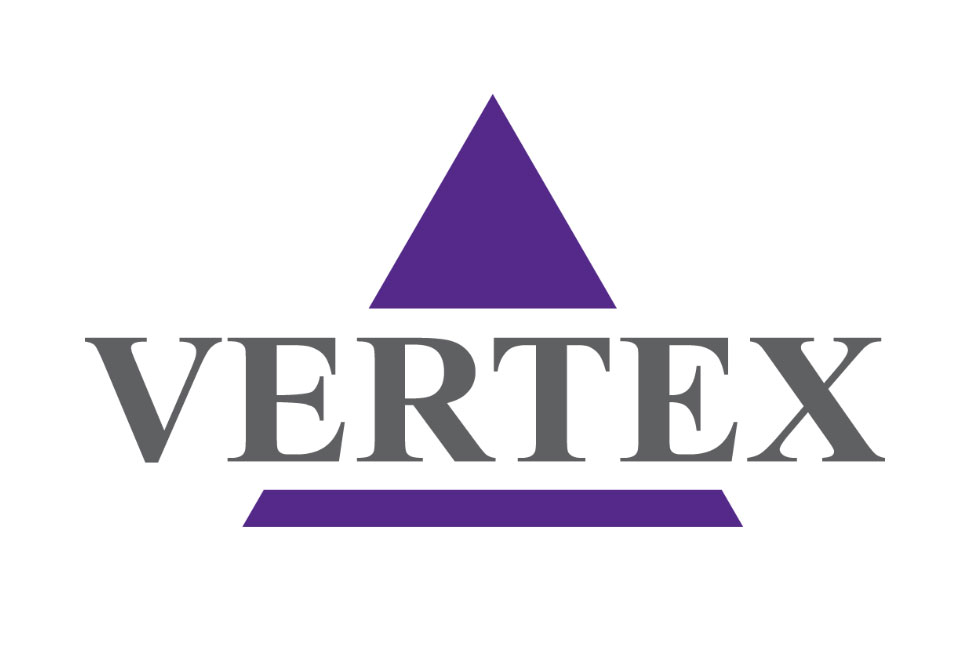As protests mounted around the country after the horrific witnessing of George Floyd’s death at the hands of police, American’s eyes were opened to the systematic oppression of brown and black people that have been present for hundreds of years in America. The narrative of the media is centered around the pervasive inequity of the poor and the working class. In so doing, it portrays an America that if only one were well educated enough to be in the elite class, such inequity and systematic oppression would somehow disappear. It’s convenient for those with my education pedigree, a Harvard undergraduate and MBA degree, to delude ourselves into believing that access and equity are not pressing issues for the elite class of professionals. All data indicate, however, that there is pervasive disparity in the racial makeup of the educated elite who are making critical decisions about resource allocation in the private and public domains of the United States.[1] While this phenomenon is rarely covered in media and opaque to most Americans, the reality of inequity of access, opportunity and financial gain is nonetheless present. This racial imbalance at the top perpetuates the systemic disparities suffered by those who have less in America. Why is there still such racial imbalance among the most influential in America? How could this be happening given decades of affirmative action? Amy Cooper may give us a window into the underlying drivers of this reality.
When we witnessed Amy Cooper consciously leverage her female white privilege against a black man, Christian Cooper in Central Park, and endangered his life by calling the police, it revealed the dark underbelly of racism that can be well-hidden under the cloak of privilege and professional standing. Ms. Cooper is a University of Chicago Booth Business School MBA graduate and was the VP of Institutional Investments Solutions at Franklin Templeton, attributes that put her in high societal standing. In the 10 years since she graduated from Booth, she certainly has had opportunities to decide on the professional and financial fate of many whom she interviewed and promoted. Given her genuine racist beliefs that were revealed in that moment in Central Park, it gives indication to how she has made decisions in critical career advancement junctures for professionals of color.
Unfortunately bias (racial, gender, ethnicity, etc.) can be subtlety but clearly made by the power standing of a Vice President like Amy Cooper. In interview panels and performance reviews, a simple statement that a candidate wasn’t a “good fit” or an analyst up for promotion isn’t ready because he’s “not exhibiting necessary motivation” is enough to end the opportunity for a professional. I know this first hand. My professional work focuses on power equity and inclusion at leadership levels of corporations. I’ve chosen to focus on this because as a child immigrant who’s earned her way to the Ivy League and leadership positions in global companies, I’ve witnessed how nuanced racism is expressed in corporate settings. It’s not the explicit racism one expressed decades prior. It’s a more dangerous brand of implicit racism, what we now call unconscious bias. Such persons as Ms. Cooper delude herself into thinking that she isn’t a racist at all and will prove it with having colleagues who are black and may have even promoted a black person during her illustrious 10 year career. When Ms. Cooper said she wasn’t a racist, I believe she believes that, but that still doesn’t remove the fact that she thinks, feels and acts like a racist. That was proven in Central Park with Mr. Cooper, who by the way, is a Harvard graduate.
The bias of the power elite on professionals of color is as lethal as the knee on Mr. Floyd’s neck. Just because the pressure of the knee is exerted over years, quietly and subtlety, among persons in well-clad suits and beautiful corporate boardrooms, without bodily death, there is, nonetheless, an extinguishing of one’s life potential, financial equity and spirit, which is its own brand of death. A suffering of despair that lasts for decades. This kind of suffering is especially cruel because many professionals of color, armed with a college, graduate or professional degree believe they’ve entered into a path of opportunity based on meritocracy. But through the years they come to realize, after being passed by white peers who are no more competent, if not less, time and again, that they are relegated to the underclass of well-clad suits.[2] One client, who had achieved a management position, was told by a manager that “you should be happy that you got this far.” This was meant as a compliment.
Caucasians who are in power positions sincerely believe that merit was the key reason they got to their position. While this may be true, people of racial privilege are blind to the reality that doors which open for them will be shut to professionals of color with equal and better qualifications. A plethora of studies on resume responses and interview callbacks have proven this out.[3] As an executive coach to highly educated women, professionals of color seeking further advancement and executives who make hiring decisions, I’ve seen first hand how “comfort with a candidate” is a critical factor for hiring. This subjective notion of “comfort” can be an insidious place for unconscious bias to silently hide. Given Amy Cooper’s racist attitude, do you think she’d feel “comfortable” working late into the night and being alone with someone like Christian Cooper? If he were one of two candidates interviewing for a colleague’s position, do you think she’d choose Christian Cooper or a white candidate?
Ms. Cooper, without the protection of title, office and a pre-vetted pool of diverse colleagues, expressed her true “comfort” when in the company of a black man birdwatching in Central Park. Such authentic display of mistrust, fear of danger of a black man, without the ability to discern who he is but only what he is, gives a window to her likely assessment of “comfort” when making hiring and promotion decisions critical to the livelihood of a black professional. Had Mr. Cooper wore his Harvard sweatshirt that morning, would it really have made a difference?
America’s power elite is born out of the same social construct that created the American policing and justice system that resulted in the death of Mr. Floyd. It is a difficult but brave and necessary task for our power elite to consider how systemic racism pervades the halls of America’s power elite. If corporate executives stand with the protesters and donate to BLM causes that support the call for equity that Mr. Floyd and countless others deserve, then I also invite them to look to their right and left, and start in their homes, in their work and in their boardrooms to bravely examine the racial disparity in their organizations, especially at the top. If they dare to look, the presence of inequity will be abundantly evident.
Meaningful change will require more than unconscious bias training or the expedited hiring of blacks, LatinX and Asians. Eradicating the systemic inequities present in most organizations will require a wholesale revisit of societally-embedded attitudes that affect talent hiring, development and advancement. It will require accountability for talent equity outcomes much in the same way leaders are accountable for financial outcomes. Rather than starting from entry level, organizations must start at the top and pinpoint the pipeline for leadership positions and ensure professionals of color are not only hired, but put in positions that have a career path toward strategic positions that feed into leadership positions. Knowing that unconscious bias is baked into our society, ongoing “anti-othering” education is critical. Importantly this education can not be just informative, but needs to be empathy-centric and designed to be strategic and long-term, across all levels and functions. Organizations need to push the boundaries toward empathy for the experiential suffering caused by exclusion while also teaching the trifecta of thinking, feeling and action necessary for inclusive belonging. Knowing that attitudes and habits change over time, professionals of color must be consistently mentored, advocated and sponsored by the organization power elite, today. Metrics for equitable advancement must exist and managers along the pipeline must prove and be accountable for equitable advancement. Practically, talent equity will improve financial outcomes. As organizations minimize bias, all of the best talent will become utililzied, thereby improving talent ROI. Indeed disruptive innovation in talent management is a must if talent equity and ROI are to be realized.
The work on advancement equity must start at the top and cascade downwards. These executive leaders, largely white men, are the ones who not only decide on talent advancement in their organizations, but are the very people who decide on resource allocation and systems design that affect every corner and every life of our great nation.
[1] Lauretta Charlton, “Study Examines Why Black Americans Remain Scarce in Executive Suites,” New York Times, 12/9/2019
[2] Adia Harvey Wingfield, “How Organizations are Failing Black Workers — And How to Do Better,” Harvard Business Review, 1/16/2019
[3] Lincoln Quillian, “Hiring Discrimination Against Blacks Hasn’t Declined in 25 Years,” Harvard Business Review, 10/11/2017













